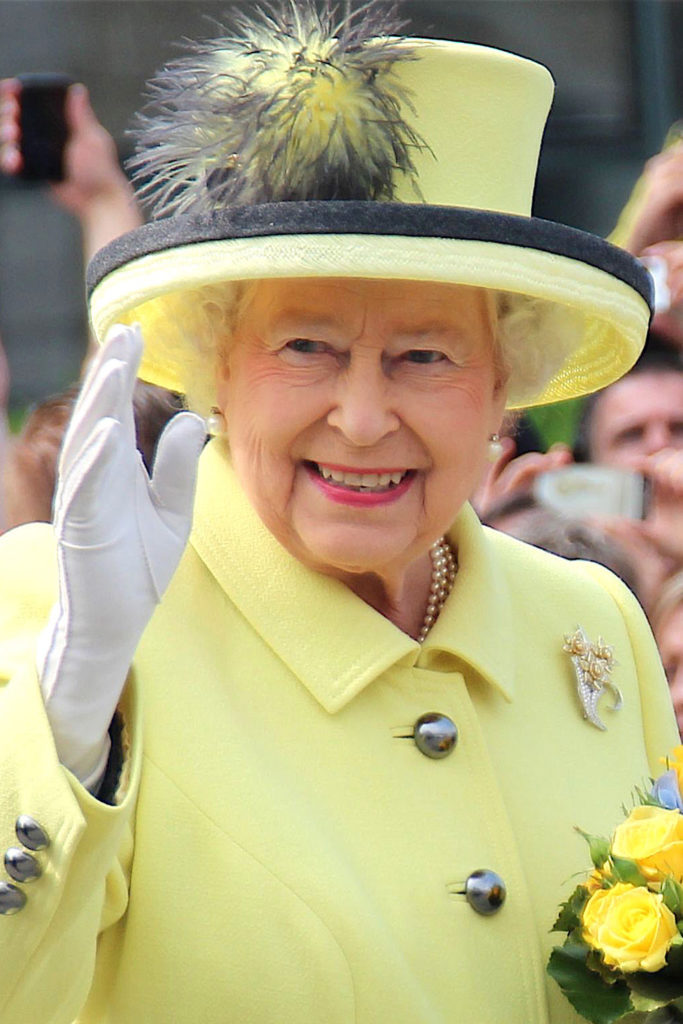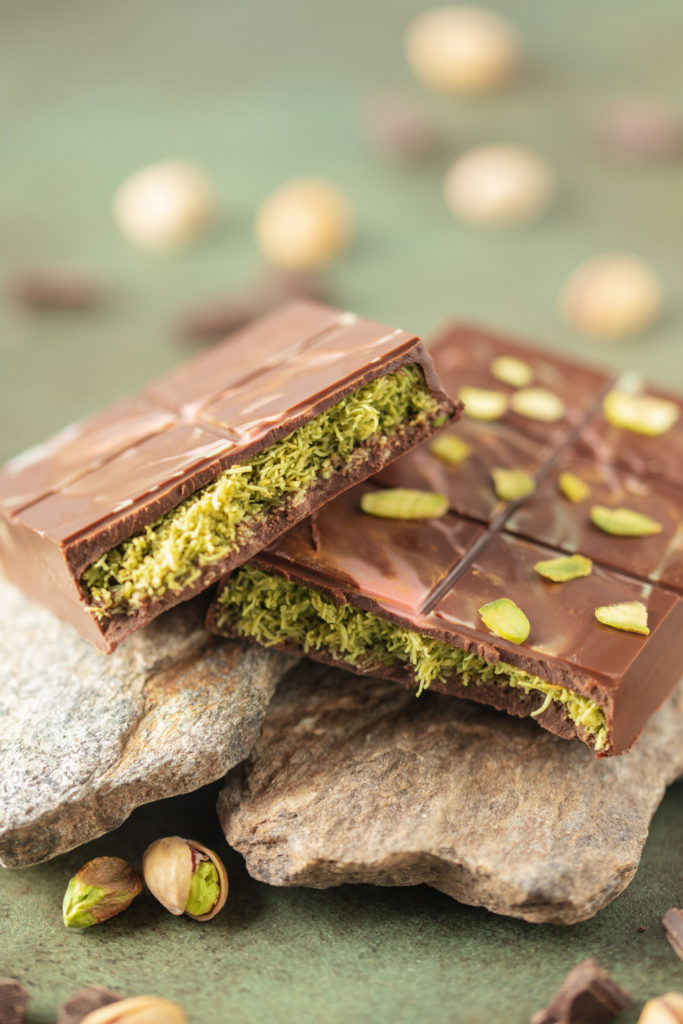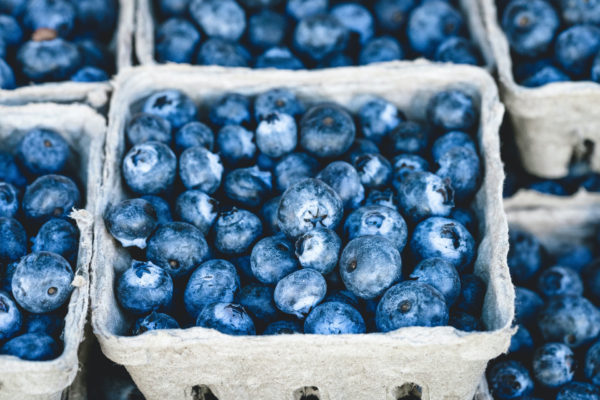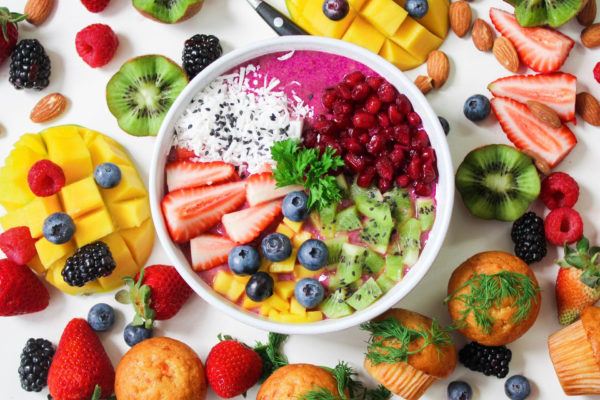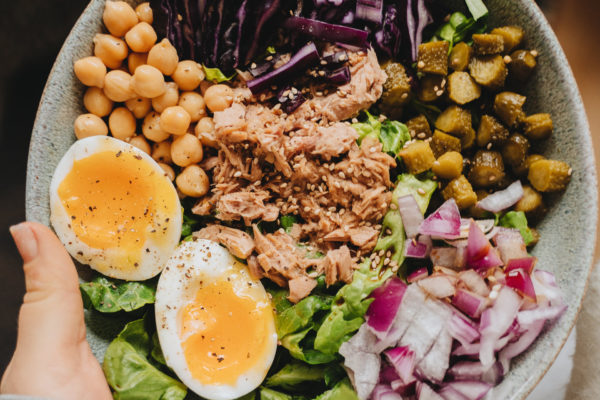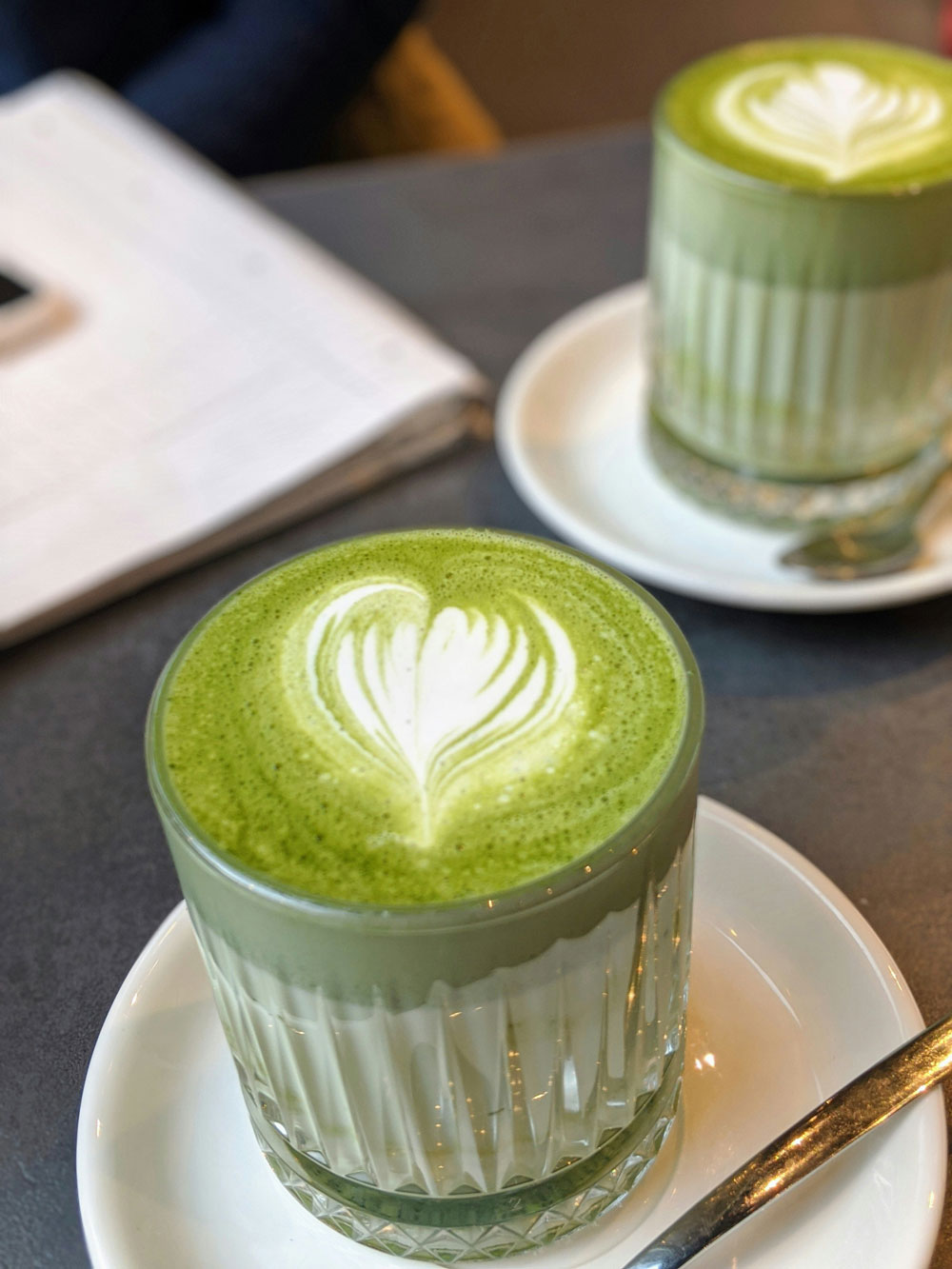
Is Matcha Good For You?
By
3 weeks ago
Matcha is having a moment – here's why
If you’re tuned into the wellness side of TikTok and Instagram, you’ll likely have noticed a bright green drink popping up a lot lately. We’re of course talking about matcha: the cult green tea powder renowned for its health benefits, which is threatening to steal the oat flat white’s title as the trendiest drinks order of 2025.
While the ingredient has been a part of Japanese culture for hundreds of years, it only began getting popular in the US back in 2015, spurred on by Gwyneth Paltrow and the OG wellness set. Soon enough, it was being blended into drinks, foods and skincare products all over the world – but after a while, the matcha madness died down.
Recently, though, the trend has resurfaced, having been discovered by a new string of A-listers: Zendaya, Kourtney Kardashian and Bella Hadid are all often spotted clutching a cup of the green goodness. More and more mainstream cafes are tapping into the zeitgeist by adding matcha drinks to their menus – and we’re seeing an influx of dedicated bars popping up in cities like London and New York. So what’s behind the buzz?
Matcha: History, Health Benefits, Taste
What Is Matcha?
Matcha is a type of powdered green tea created from the camellia sinensis plant, which was first cultivated in China. In the 12th century, a Japanese Buddhist monk travelled to China and learned about the wonder drink, bringing it back to his home country. It soon became a key part of Japanese tea ceremonies, enjoyed as a ritualistic practice symbolising harmony and tranquility.
The powder can be whisked into hot water to create a frothy drink, blended with milk for a matcha latte, or used as a cooking ingredient for things like oat bars and salad dressings.
What Is Ceremonial Grade Matcha?
If you’re buying your own matcha to make at home, look out for ceremonial grade varieties. This is generally considered the highest quality, crafted from the year’s earliest tea sprouts, resulting in a sweeter, less bitter taste. Culinary matcha, on the other hand, is a slightly lower grade of tea powder, designed for use in cooking and baking.
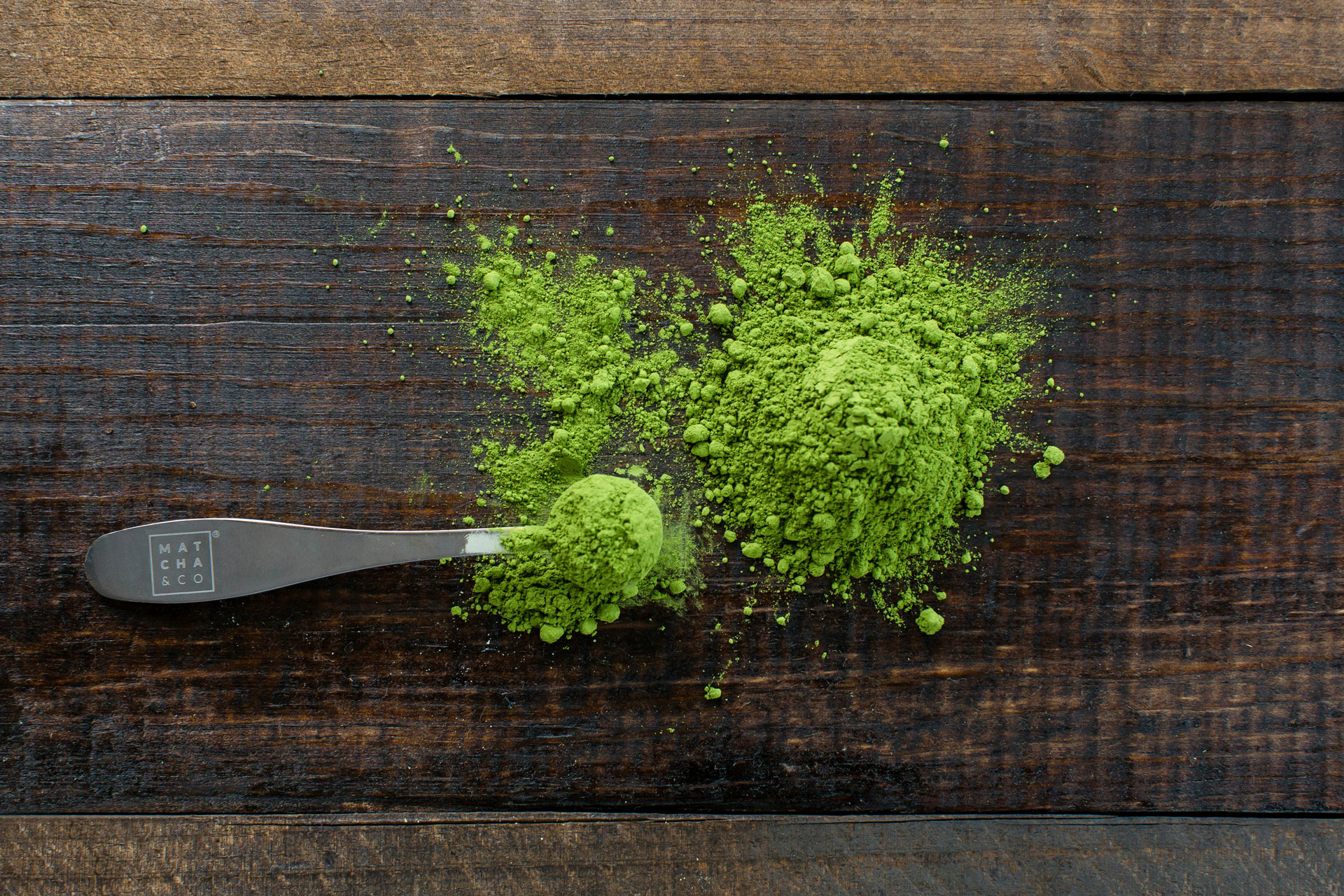
Unsplash
Does Matcha Contain Caffeine?
Yes, the tea powder does contain caffeine. However, it tends to have less caffeine per serving than coffee: according to Healthline, matcha contains 19 – 44 mg of caffeine per gram, while coffee beans have 10–12 mg of caffeine per gram. The caffeine content of a matcha drink differs based on factors like the amount of powder used, the temperature of the water, the age of the tea leaves and the time of harvesting.
If you find coffee gives you the jitters, matcha can be a handy alternative, as it has a gentler caffeine release – many drinkers experience a more sustained energy boost, as opposed to the sudden jolt which often follows an espresso.
What Does Matcha Taste Like?
Being a green tea, it has an earthy, grassy taste, with a slight nuttiness and a hint of bitterness. This can prove divisive – however you can sweeten it up by adding honey or milk.
View this post on Instagram
What Are The Health Benefits Of Matcha?
It’s packed with antioxidants and vitamins
Matcha is rich in antioxidants, particularly a type called catechins, which can help stave off disease, reduce cell damage and reduce inflammation. It also contains lots of vitamins, including vitamins A, B, C, E, which offer an array of health benefits from tissue repair to defending the body against illness.
Boosts brain function
A cup of matcha could help increase alertness, decision-making and study performance, thanks to its high content of polyphenols, chlorophyll and caffeine. One study, for instance, found that participants who consumed 4g of matcha powder fared better on cognitive tests looking at information processing and memory than those who were given a placebo. But the effects may last longer too: a small study from 2020 suggests drinking matcha every day could help slow cognitive decline.
May help your skin glow
There’s a reason matcha often pops up in skincare: it’s loaded with antioxidants, which work to reduce the effects of aging and boost blood circulation. And you can reap some of the benefits by drinking it: one study published in the journal Nutrients, for instance, found the vitamin C in matcha stimulates collagen production when ingested, which plays a key role in keeping the skin strong and hydrated.
It may improve cardiovascular health
There’s some research to suggest matcha could support a healthy heart. Research shows the catechins may prevent plaque build up, which could lower your risk of high blood pressure and atherosclerosis (the hardening of your arteries).
Is Matcha Good For Anxiety?
Yes, matcha is known to have relaxing properties. As well as offering a slower caffeine boost than coffee, matcha might actually have a stress-relieving effect – as demonstrated in this study from 2018. It contains L-theanine, an amino acid that can help the body relax by reducing your cortisol levels, and increasing levels of the neurotransmitter GABA, which soothes the mind.

